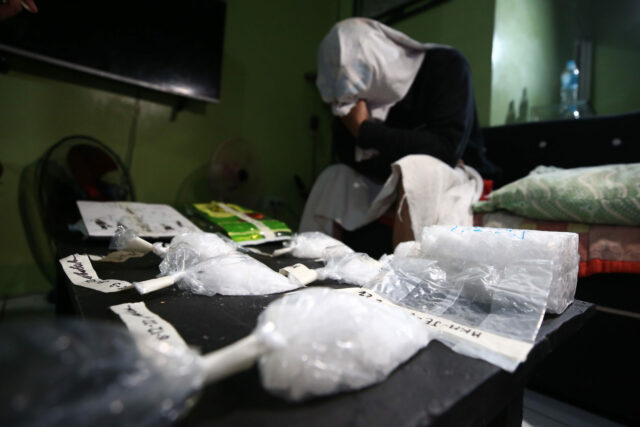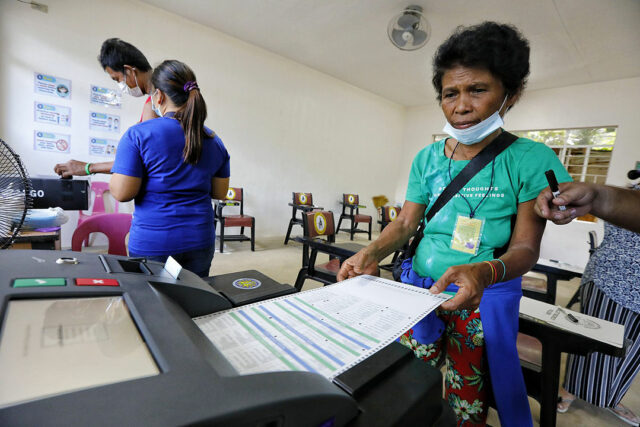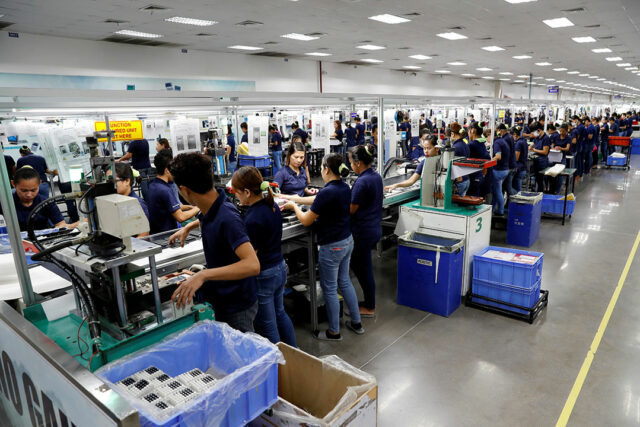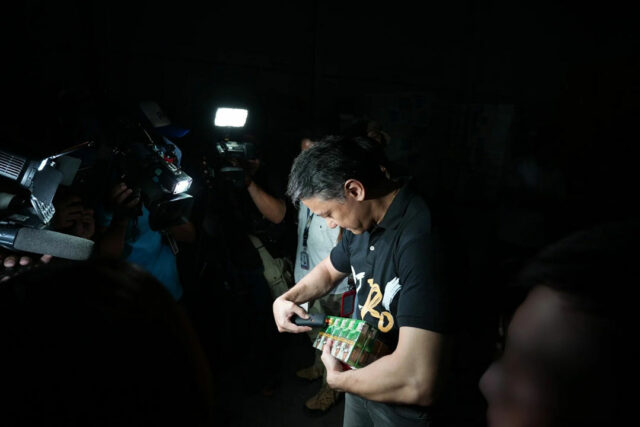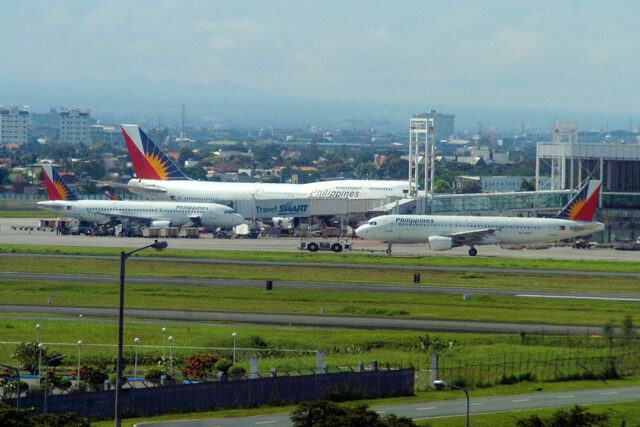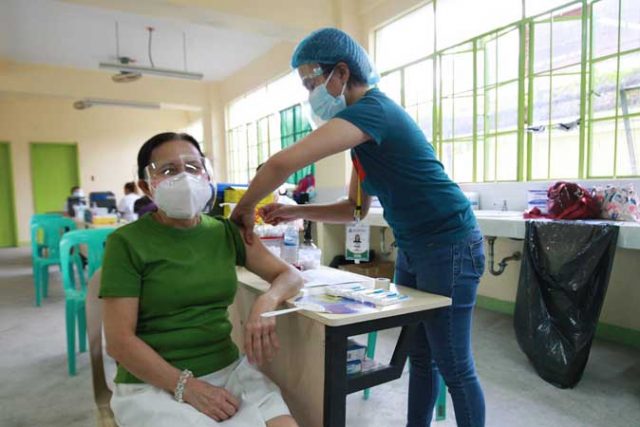Philippine Health department flags worrisome uptick in dengue cases in Luzon
PHILIPPINE health authorities on Monday flagged a “concerning rise” in dengue cases in Luzon, with eight more local governments there likely to declare an outbreak after Quezon City.
In a statement, the Department of Health (DoH) cited an uptick in dengue cases in nine local government units across Metro Manila, Calabarzon and Central Luzon. It did not disclose the names of the cities and the number of infections.
This comes after Quezon City Mayor Maria Josefina “Joy” Tanya G. Belmonte declared a dengue outbreak in the country’s largest city, where at least 10 people have died from the disease spread by mosquitoes and more than 1,700 cases have been posted this year.
The Health department has reported 28,384 dengue cases as of Feb. 1, a 40% increase from a year earlier.
The agency said regional epidemiology and surveillance units have been advising their local government counterparts about the cases, adding that the declaration of a local dengue outbreak may only be done by a local government official.
The Philippine Health department last declared a national dengue epidemic in 2019.
The eight localities other than Quezon City are likely to declare a dengue outbreak due to an uptick in cases, DoH spokesman Albert Francis E. Domingo told DZBB radio.
Dengue is the most common mosquito-borne disease worldwide, typically found in tropical and sub-tropical climates.
Common symptoms include high fever, severe headaches, nausea, vomiting, rashes and muscle pain, according to the World Health Organization’s website.
If left untreated, dengue can progress to a severe stage, which may involve intense stomach pain, vomiting, bleeding of the gums or nose, blood in urine or stools, difficulty breathing and bleeding under the skin. — John Victor D. Ordoñez


